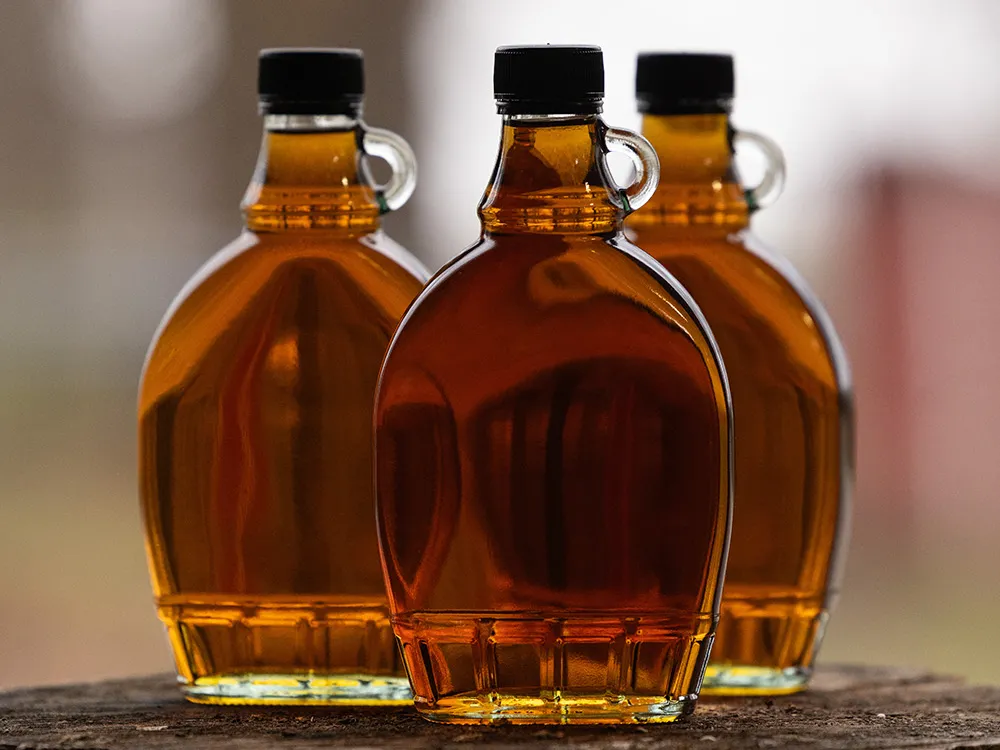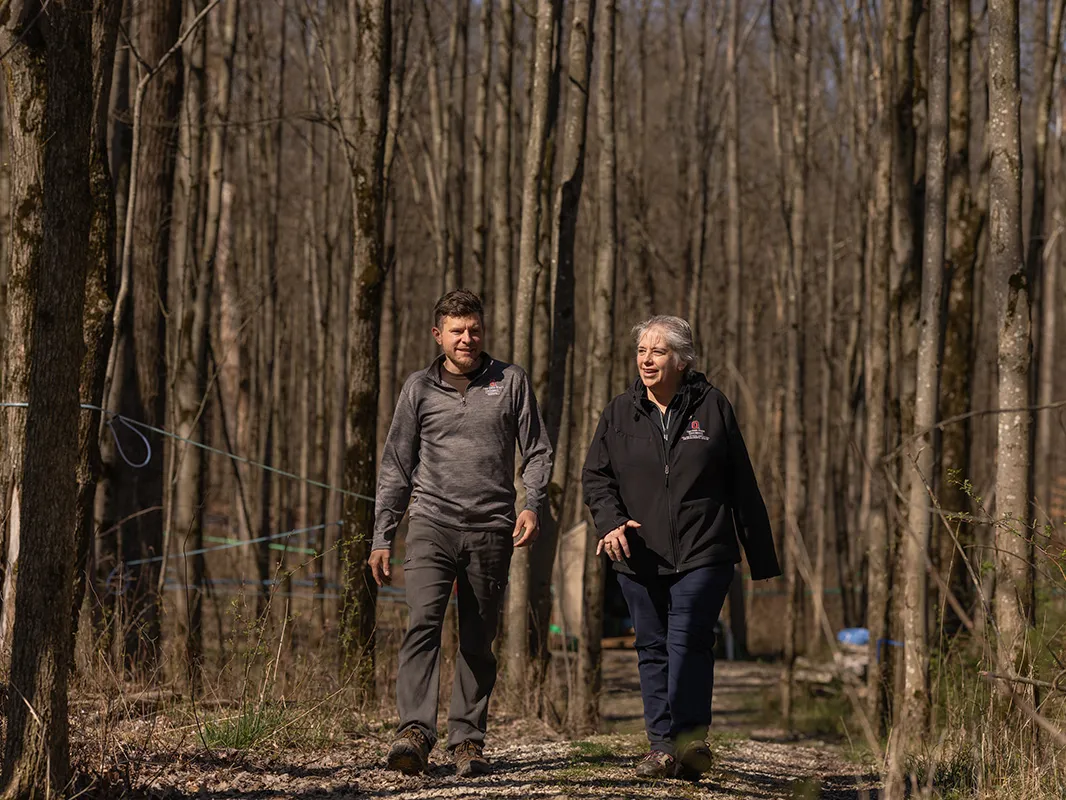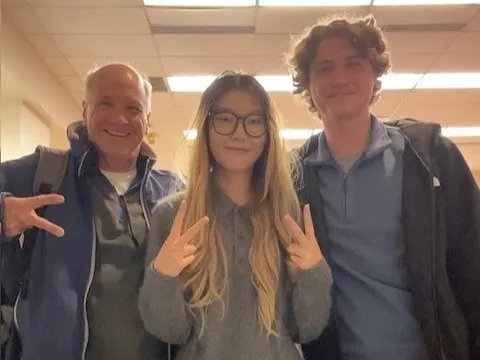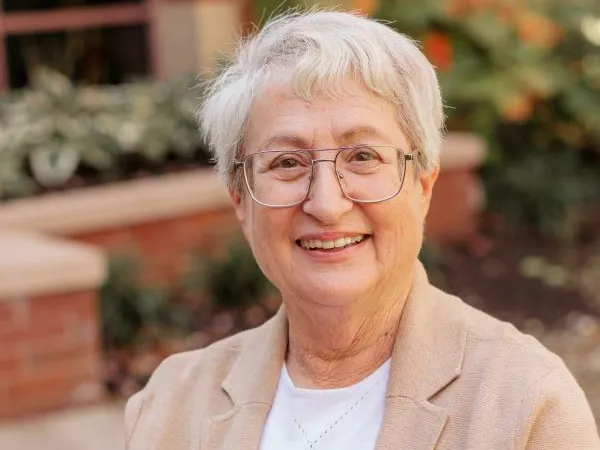Legend has it that Ohio’s forest was once so thick, a squirrel could travel from the Ohio River to Lake Erie without ever touching the ground.
But when settlers arrived, they cut down trees to build homes, create farms and fuel industry, and by the late 1800s, forest cover dropped from 95 percent to 10 percent, says Kathy Smith ’85, ’89 MS, Ohio State Extension program director for forestry.
“Many people were appalled at the loss of forests, so the state legislature created a forestry bureau [in 1906], and it was first housed at the university,” Smith says.
Ever since, Ohio State has been a leader in helping woodland owners manage their land through its Extension agents and Woodland Stewards Program.
“Our goal is to provide woodland owners with a variety of skills so they can apply them to their own property and make better decisions when caring for their land,” says Smith, co-coordinator of the program.
Woodland owners abound—85 percent of Ohio’s forests are privately owned, according to the U.S. Forestry Service. In addition to working with landowners, Smith and her staff provide training and resources to forestry and natural resource professionals throughout Ohio, and they offer programs for the public to explore the woods.
Landowners can learn about invasive species, wildlife management, tree identification and maple syrup harvesting through classes, webinars, workshops, conferences and publications.
Many natural resource professionals and forestry consultants look to Ohio State for the latest woodlands research, which is shared at an annual university-hosted Ohio Woodland Water and Wildlife Conference.
“I’ve attended the conference many times, and it’s always very helpful,” says Katie Yoders Downie ’05 and owner of Legacy Forestry in northeastern Ohio. “It allows me to give a holistic approach to management when guiding my woodland owners. I have the science to back up my recommendations thanks to Ohio State’s research, professors and Extension agents. It’s beneficial for everyone.”
And for members of the public who want to learn more about the woods, the Woodlands Stewards staff hosts special events throughout the year about bats, foraging for mushrooms and creating pollinator gardens.






